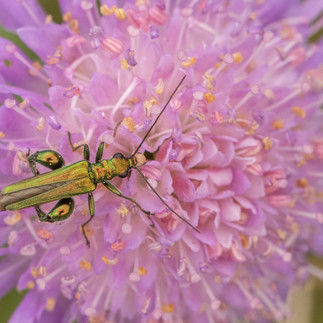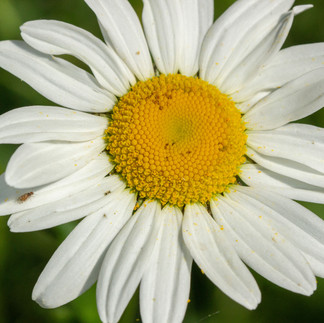The Big Buzz Conference & Fringe 2022
- Dawn McCall
- Sep 26, 2022
- 2 min read

Intro
This Friday I was invited to take part in The Big Buzz National Pollinator Conference by The University of Cumbria. It was a biggest gathering of pollinator enthusiasts and professionals in the UK and was organised and hosted by Get Cumbria Buzzing!. A project to help our pollinators that are in trouble and get them back on their feet. You may have noticed yourself that there are less pollinators than there used to be. According to the Cumbria Wildlife Trust the UK have lost more than half of their bees, butterflies and moth species in the past 50 years.
Pollinators are important because they pollinate our crops and are vital for the survival of wild plants that support much of our wildlife. So without insects many of are much loved birds, animals including our self's wouldn't survive. This is why this projects is so important.
So what is a pollinator ?

When many people think of pollinators the first thing that comes to mind are bees like this honey bee above. But in fact pollinators can come in many shapes and sizes such as butterflies and moths, beetles, flies, wasps and then there's the wild bees.
Above: A selection of pollinators groups
What can we do to help Pollinators?
In Friday's Conference we learned from many speakers and took part in workshops on various projects across the country on this topic from transforming road verges for wildlife and the climate, creating a Network for pollinators along the Ayrshire Coast and the Bee plan in Kent to name a few but what can we do the public. We can take part in a citizen science projects and help record what pollinators you have on your doorstep or make your garden wildlife friendly by not using pesticides, planting native flowers and letting your garden go a little wild as gardens take up a large proportion of land in Britain. You could help simply by doing less work.
Citizen Science and monitoring projects

* Spend ten minutes counting pollinators to contribute a Flower-Insect Timed Count (FIT Count)
or
* Adopt a 1 km square and help us carry out a systematic survey of insects and flowers
Click here for their website > https://ukpoms.org.uk/

1.Record your observations
2.Share with fellow naturalists
3.Discuss your findings
Plants for Pollinators
Lists of plants can be found on the Wildlife Trust Website Here
and the Butterfly Conservation Here
| By looking a little closer, we learn to care and share |




















Comments